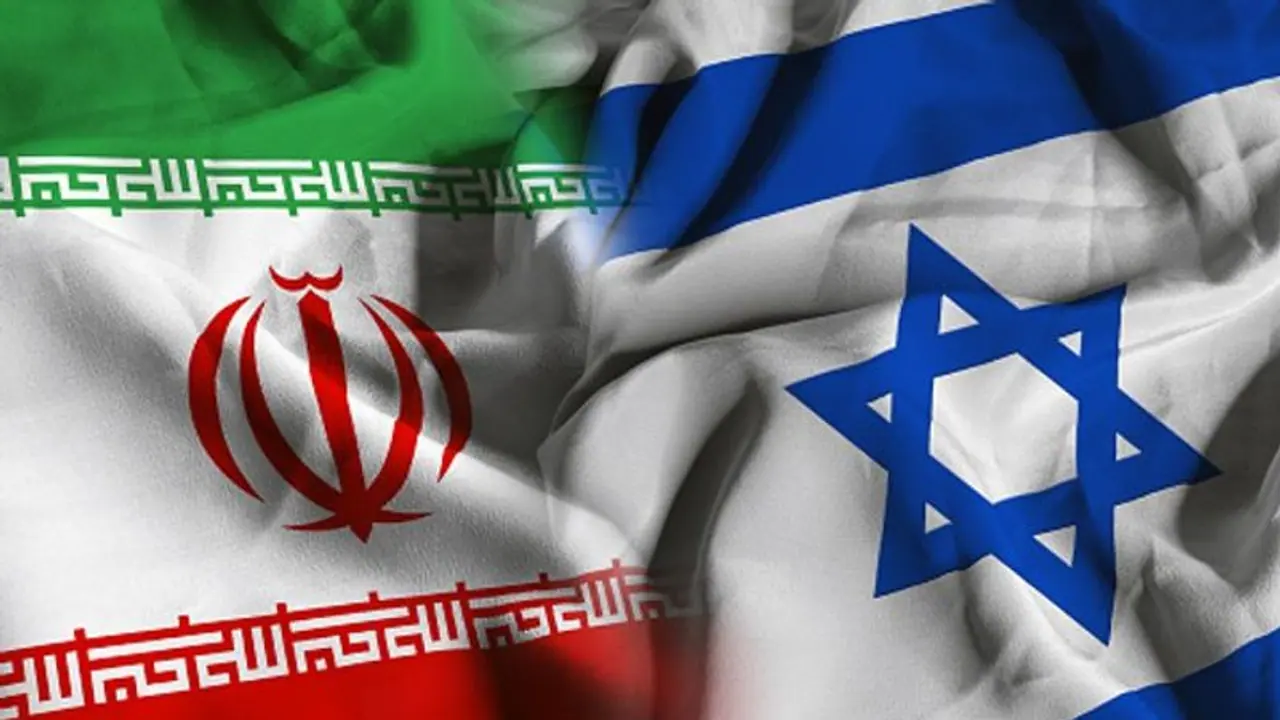According to a statement on Monday from the Judiciary's website, the individuals were reportedly recruited by Israel's Mossad, facilitated through the Kurdish group Komala, to carry out a bombing at the Defence Ministry facility in Najafabad, Isfahan, on July 23, 2022.
Iran's regime on Monday executed four Kurdish prisoners accused of involvement in a plot to bomb an Iranian Defence Facility facility. The execution took place in Ghezel Hesar Prison in Karaj, west of Tehran, as confirmed by the Islamic Republic's Judiciary. The prisoners, identified as Pejman Fatehi, Mohsen Mazloum, Mohammad (Hazhir) Faramarzi, and Wafa Azarbar, were reportedly arrested by Iran's Intelligence Ministry in the summer of 2022. The ministry claimed that the individuals had illegally entered Iran from Iraqi Kurdistan with intentions to bomb a Defence Ministry facility used for producing equipment.

According to the Judiciary's statement, the four individuals were allegedly recruited by Israel's Mossad through the Kurdish group Komala. They were purportedly tasked with bombing the Defence Ministry facility in Najafabad, Isfahan, on July 23, 2022.
"In order to get prepared for the operation, they were sent to African countries several times and were trained in their military bases in the presence of Mossad officers," the Judiciary's news agency said.
"Even the Mossad chief David Barnea participated in one of the training sessions and delivered a speech to boost their morale," the Judiciary's report claimed.
The execution has drawn strong condemnation from various human rights organizations, including the Norway-based Iran Human Rights NGO. The organization criticized the executions, stating that they were based on confessions obtained under torture and without a fair trial. Mahmoud Amiry-Moghaddam, the director of Iran Human Rights NGO, called for accountability from Iran's authorities, particularly Supreme Leader Khamenei and the country's judiciary.
The NGO also urged the international community to break its silence regarding the surge of executions in Iran. In particular, it called on Nada Al-Nashif, the UN Deputy High Commissioner for Human Rights, to cancel her upcoming trip to Iran in protest against the executions.
Mahmoud Amiry-Moghaddam, the director of Iran Human Rights NGO, said, "The execution of these four prisoners was based on confessions obtained under torture and without a fair trial, and are considered extrajudicial killings for which Khamenei and the corrupt judiciary of the Islamic Republic must be held accountable."
He further noted that "the international community must show a practical response to the rampant and daily executions by the Islamic Republic, and the smallest response from the UN High Commissioner for Human Rights to these executions would be the cancellation of Nada Al-Nashif's trip to Iran and cessation of dialogue with the authorities of the Islamic Republic."
Footage broadcasted on state television in October and December 2022 reportedly showed the four men confessing to plotting a bomb attack near the central city of Esfahan, allegedly under the guidance of Israeli intelligence.
Iran, ranking second only to China in terms of the highest execution rates globally, executed 90 individuals from December 22 to January 21 alone.
In a recent disclosure, UN experts revealed that at least 834 people were executed in Iran in 2023, with eight of them having ties to nationwide protests. The experts urgently called upon the Iranian government to cease the surge of executions and conduct a comprehensive review of the death penalty's usage.
